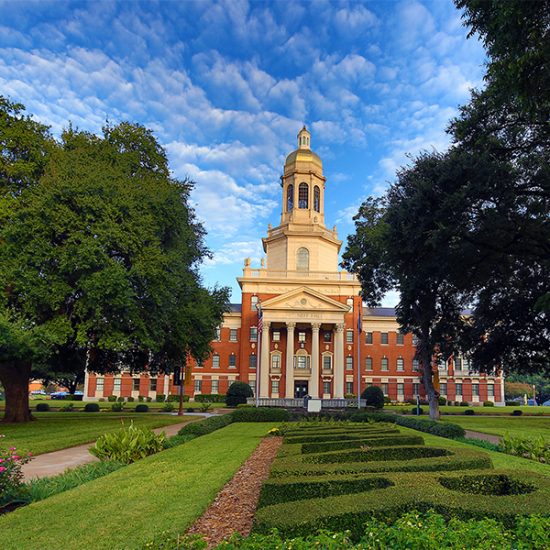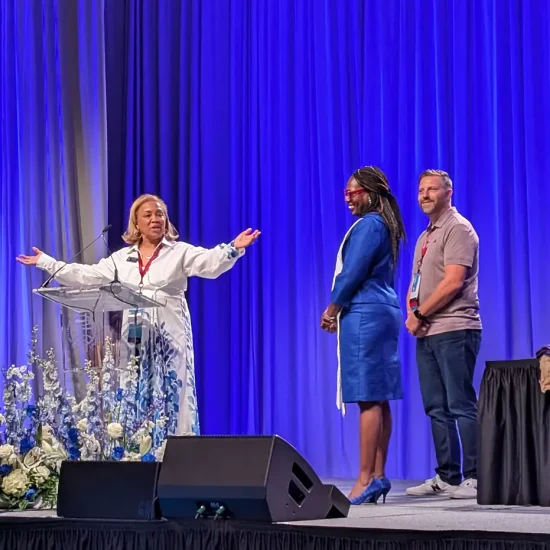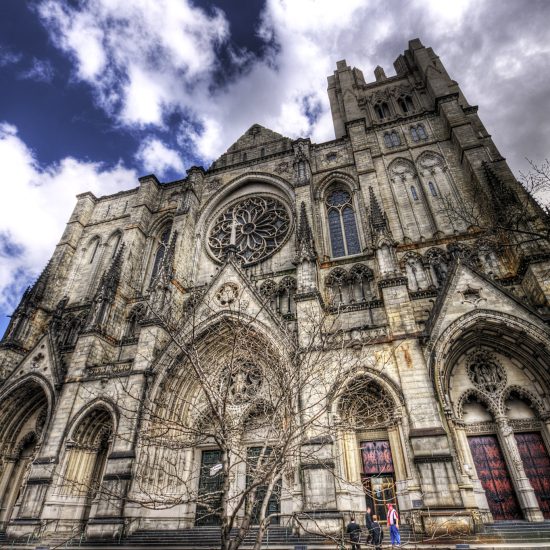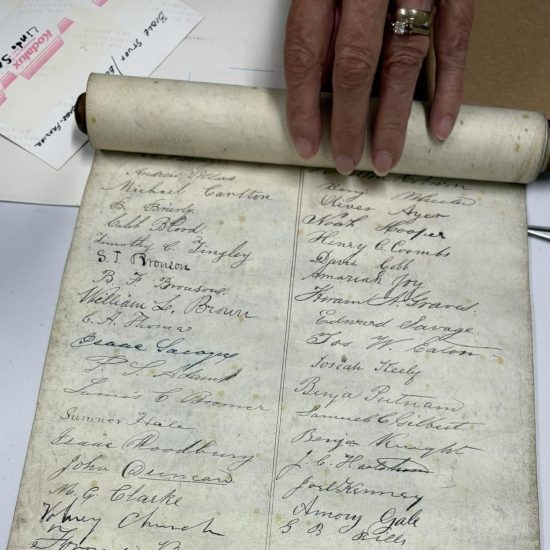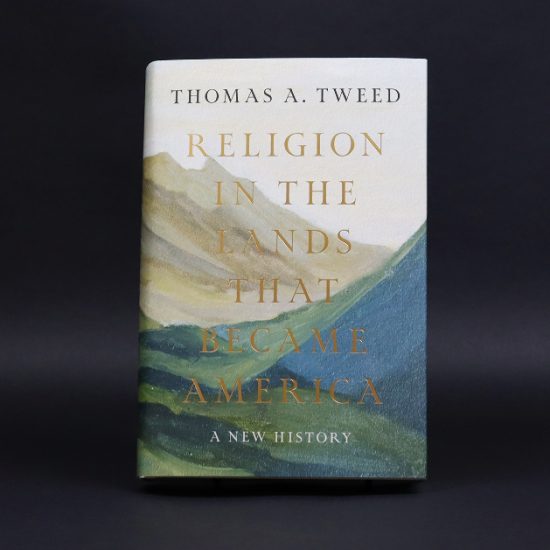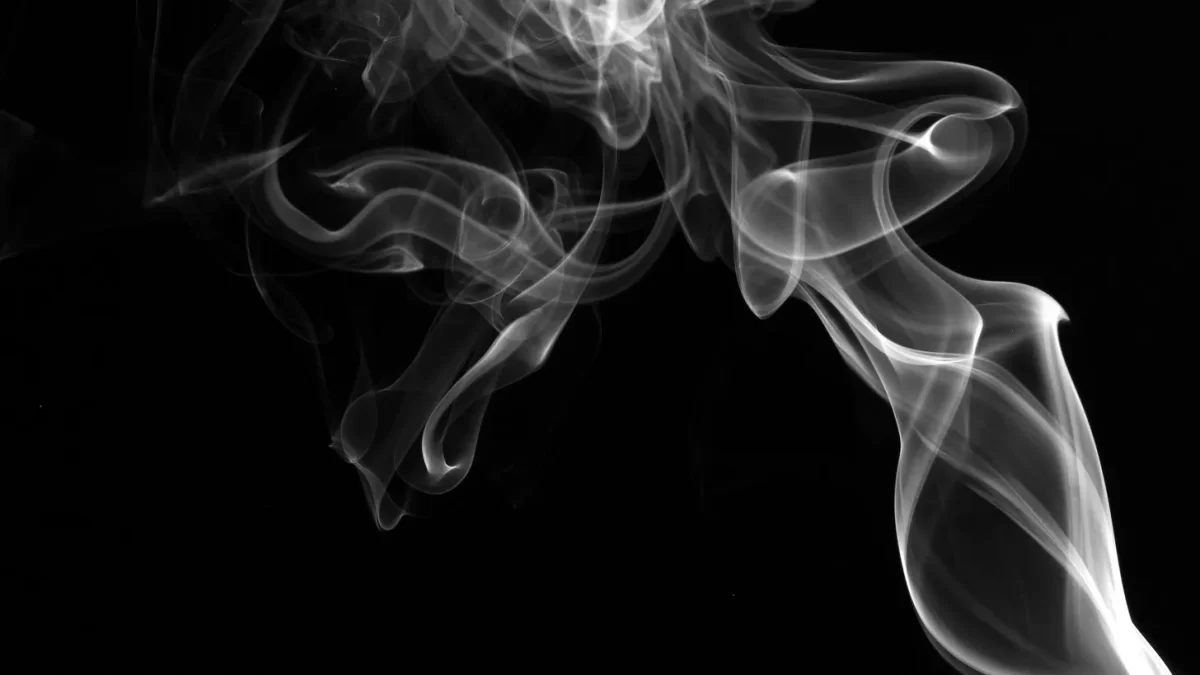
We are offering here for paid subscribers of A Public Witness a piece originally published as the cover story of Word&Way magazine in August 2020 but which has never been published online. It remains timely, especially since the featured institution has not taken steps to address its history. But even though the piece starts as a story about one college, it deals with something many churches, schools, and organizations need to consider.
As a warning, it is twice as long as what we normally publish at A Public Witness. But we won’t have a piece next Tuesday due to the holiday. And I promise it’s good. This piece was honored by the Baptist Communicators Association with first place in longform feature writing and their grand prize award in feature writing.
In 2019, I stumbled across a book on Black Baptist history in Missouri, which I read to learn more about Baptists beyond my own tradition. A story caught my interest about a Black Baptist school, Western Baptist Bible College, in the early 1900s looking to move from Macon to Bolivar. To fund the relocation, the women’s group of the Black Baptist convention raised $3,000 — which today would equal about $90,000.
“As soon as it was learned that Blacks were planning to buy the property, dark clouds of hatred began to rise and the property was destroyed by fire,” Alberta and David Shipley wrote in their 1976 book The History of Black Baptists in Missouri. “This was a dark day, dreams were shattered, plans were thwarted, hopes were dimmed, hearts were distressed.”
Having attended Southwest Baptist University in Bolivar — and having spent much time afterward in that city since my in-laws lived there — I was curious. What would it have been like to have two Baptist schools — one historically White, the other historically Black — in the same town? How would that have impacted SBU and my own collegiate experience?
But I especially wondered where the school would have been. It’s a small town — even more so 100 years ago — so surely I would know the spot. I figured the planned spot couldn’t have been more than a few miles from SBU. But where? Was there more information about the fire? Who set it?
So I started searching. But Google results weren’t helpful since my alma mater had its own fire in 1910. Since I didn’t have a year for Western’s fire, searching for a fire in the early 1900s in Bolivar involving a Baptist school just kept giving me SBU-related results. Needing to work on other projects, I would come back to this search occasionally when I had a chance, and then move on as I again failed to find information about Western’s fire. But I couldn’t shake the curiosity.
Then I found an article in a 1928 issue of the Kansas City Call, a Black newspaper, recounting Western’s history in a special section on Black educational institutions in the Kansas City area. Western had moved to Kansas City from Macon in 1921. Although still lacking a date, the fire account included a key detail about Western (called “the Macon school” in the sentence).
“At one time when an institution at Bolivar, Mo., was being vacated by the White Baptists of the state, the trustees were induced to make an exchange with the Macon school,” the newspaper explained, “when, after all the arraignments had been made, the Bolivar building burned to the ground.”
And that’s when I realized the stories of fire involving Southwest Baptist and Western Baptist weren’t two stories about two different fires.
They were two different stories about one fire.
And as I sought to weave these narratives together, I also realized this isn’t really a story about SBU. It’s a story about how White Christians need to remember the past and consider what it means for today.
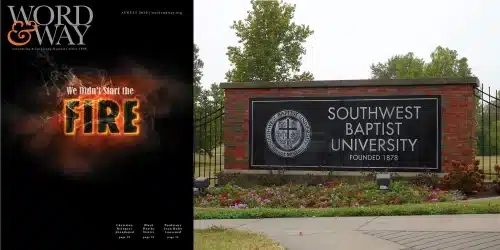
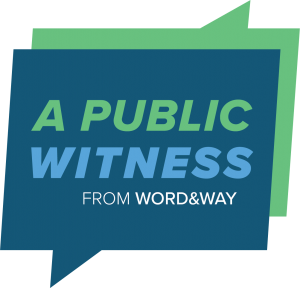
The rest of this piece is only available to paid subscribers of the Word&Way e-newsletter A Public Witness. Subscribe today to read this essay and all previous issues, and receive future ones in your inbox.

